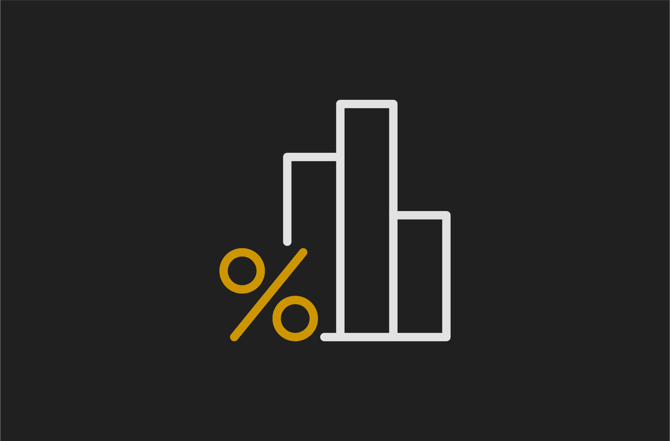Rising Interest Rates Complicating Financial Picture

The Federal Reserve's interest rate hikes should boost lending profits for major financial firms in the US. Blue chip banks, like JPMorgan Chase, Wells Fargo and Citigroup, are expected to report first-quarter earnings this week.
Investors are hoping financial stocks will benefit from rising interest rates. With the Fed expected to increase the cost of borrowing aggressively, it could mark a feeding frenzy for banks that make money from interest rate-driven fees, like mortgages.
However, it is a little more complicated than that. Some analysts fear that surging interest rates could have the opposite effect of reducing consumer loan activity.
Inflation is not going away, and this is causing consumers to push “pause” on purchases they would otherwise make. The most recent US Consumer Price Index showed prices rose 8.3% over the past 12 months, up from February's year-on-year increase of 7.9%, which was already a 40-year high.
What does this mean for me?
Some market watchers fear that rising inflation and higher interest rates may lead to a US recession as consumers could be spooked into not spending at all.
For the diversified investor, these twin phenomena represent a fork in the road. Stocks of banks and other financial institutions could improve in the short-term, but a generalized recession could wipe out those gains.
The best advice would be to watch the market without pre-empting which way it could go, especially as the competing forces of elevated inflation and high interest rates play out.
More News

Trump Drops Selected Tariffs in Response to Inflation Pressures

Tariffs on Mexico Test Nuevo Leon’s Industrial Momentum

US Moves to Ease Latin American Tariffs as Food Inflation Mounts

Japan Faces First GDP Shrinkage in Six Quarters as Tariffs Bite

India’s Inflation Dip Strengthens Case for RBI Easing

Europe Rallies as Shutdown Eases, Earnings Impress

Germany’s Trade Surplus Slides as Imports Outpace Exports
